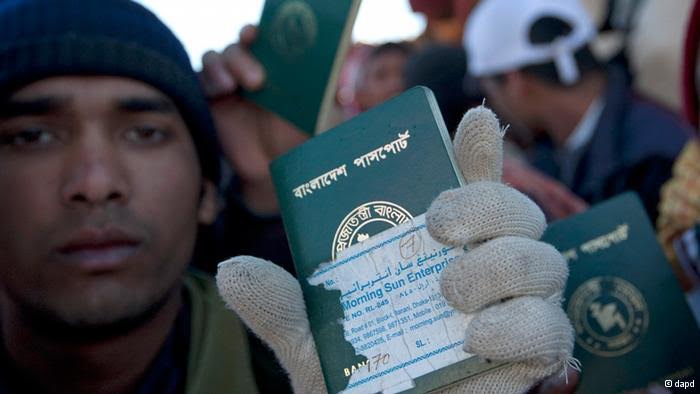2047, Assam’s indigenous population will be a minority, indicates a report submitted by the Hazarika commission to the Supreme Court; thanks to the massive influx of the Bangladeshi population. Hazarika commission is a one-man commission headed by Upamanyu Hazarika, a senior advocate, appointed by the Supreme Court to probe into the illegal migrant issue from Bangladesh to Assam. The commission had already submitted it two reports to the Supreme Court earlier. The third one was submitted to the Apex court on 24th October 2015. Having analyzed the first two reports, the apex court has passed an order advising the centre and the govt.of Assam to take appropriate measures on the directives indicated in the report.
The illegal migration lobby in Assam is a nexus and its deep rooted in the system there, enough for a Bangladeshi passport holder to own a land and even contest elections in Assam. One of the most popular ways of acquiring land is to pose as a person from flood or famine affected areas of neighboring districts and get aid. The migrants often compete for government jobs with Indian citizens, but get filtered out while verifying the ancestors of those applicants. The report suggested that the government should consider the same yardstick while transferring land from one individual to other or while there is a land buy/sell transaction. The report has done a fair bit of extrapolation too, by considering the demographic pattern and the statistical study of the rate of growth in the population compared to the rest of India and concluded that the problem is from migration.
A stat check on the rise in the Muslim and Hindu population over 3 decades in Assam versus rest of India can be seen here. Year 1951-61, growth in Muslim population is 38% and Hindu population was 33% Vs 25% Muslim growth and 20% Hindus in the rest of India. Year 1971-91, In Assam, Muslim population grew 77% whereas Hindu population grew 41% Vs 55% Muslim population and 48% Hindu population in the rest of India.
Sarbananda Sonowal, incumbent MP for Lakhimpur, is a lead figure in fighting against the IMDT (Illegal Migrants (determination by tribunal) Act 1983. Sonawal was the then President of the All Assam Students Union, which was responsible for conducting a decade long agitation (during the late 70s and early 80s) against the illegal migrants settled in Assam. He is the petitioner to the Supreme Court for repealing the IMDT Act. IMDT Act was passed on December 12, 1983 and the Act is only applicable in the state of Assam. For the rest of India, the Foreigners Act 1946 applies for detection of foreigners. The primary difference among the two acts are that, in IMDT act, the responsibility of proving ones nationality lies with the plaintiff or complainant and the police, but in the “Foreigners Act” it lies with the accused in question. The IMDT act is applicable and counts for a person as an illegal migrant, only if the person has entered Indian Territory after March 25, 1971, is a foreigner and does not hold any valid passport or travel documents. Certain clauses of the Act ensured that, if the person entered the Indian shores prior to 1971, he/she is not under its purview. In the year, 2000, Sonowal challenged the credibility of the Act in the Supreme Court. According to the case filed in the Supreme Court, some of the provisions in the IMDT act were to identify and deport the illegal migrants, but it was not being enforced. The petitioner also says, the IMDT act has become weaker than “The Foreigners Act, 1946”. Meanwhile, the central cabinet under Vajpayee had decided to introduce a bill to repeal the Act, but the bill failed through. It was in the year (July 12) 2005, the honorable supreme court repealed the Act.
Having the legal loophole covered, inspite of the apex court ruling 10 years ago, the continuous influx of illegal migrants into Assam has been more than a concern. The Supreme Court, having received the third report from the commission has asked the central and state governments to respond to the recommendations prior to the next hearing on November 5.
Source:
https://data.gov.in/…/villagetown-wise-primary-census-abstr…
http://www.esamskriti.com/…/Supreme-Court-repeals-IMDT-Act,…
